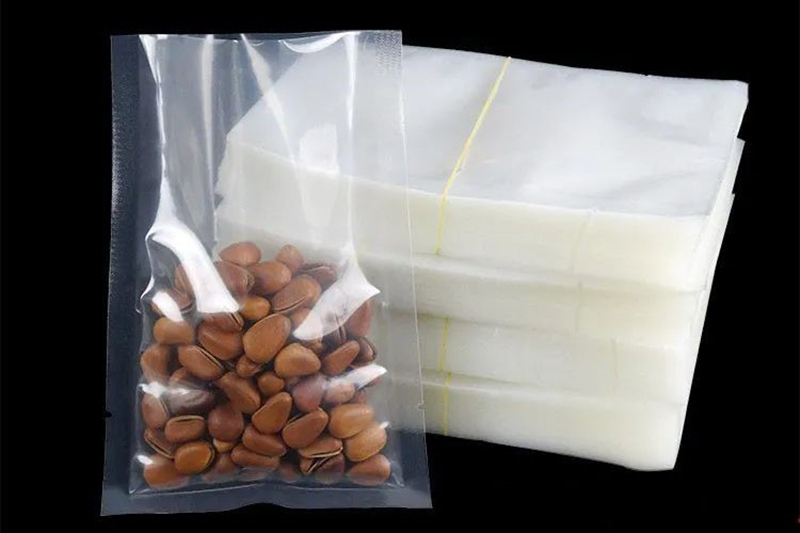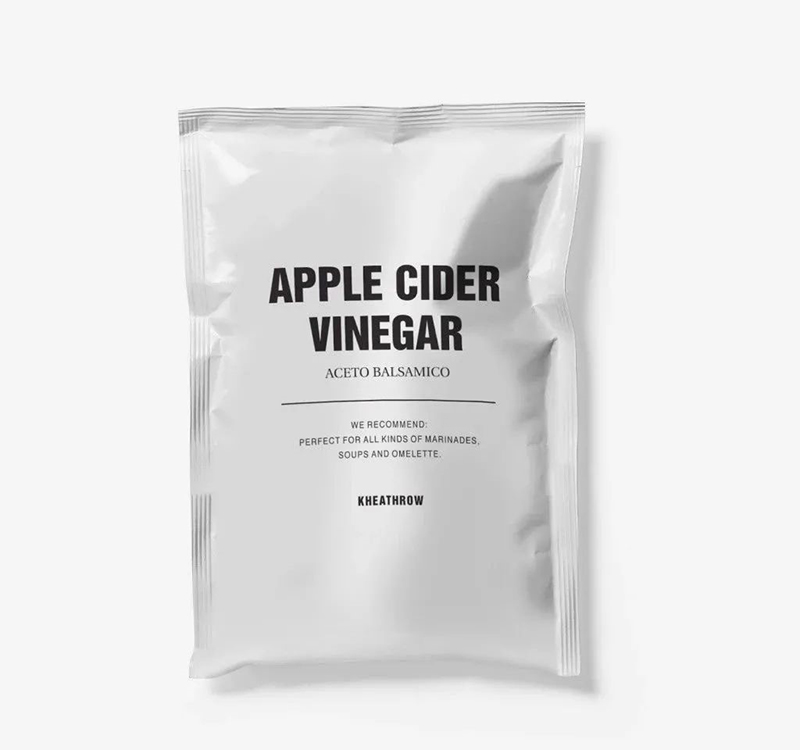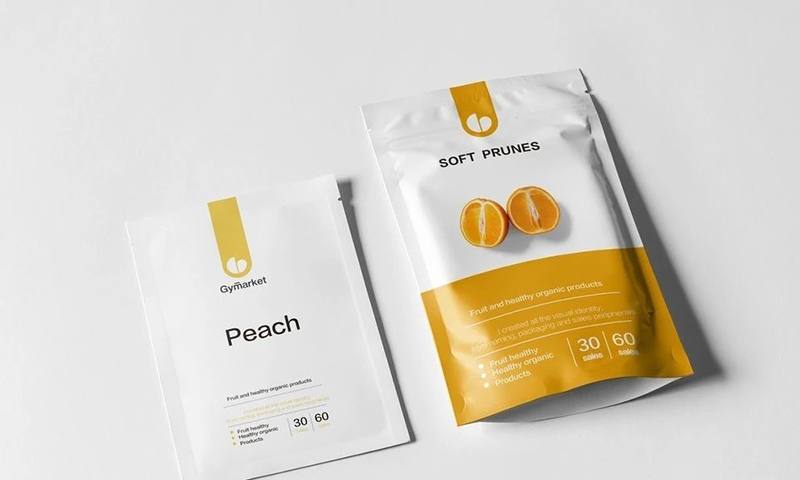Food packaging bags belong to one of the food packaging materials testing categories, mainly made of plastic materials, such as polyethylene packaging bags, polypropylene packaging bags, polyester packaging bags, polyamide packaging bags, polyvinylidene chloride packaging bags, polycarbonate packaging bags, polyvinyl alcohol packaging bags and other new polymer materials packaging bags.
It is well known that some toxic and harmful substances may be produced during the reproduction and processing of plastic products, so the quality inspection of food packaging bags including hygiene inspection has become an important quality control link.
Because of that the food packaging bag is directly in contact with the food which we eat daily, the primary standard for its inspection is that it is hygienic.
Including evaporation residue (acetic acid, ethanol, n-hexane), potassium permanganate consumption, heavy metals, and decolorization test. Evaporation residue reflects the possibility that food packaging bags will precipitate residues and heavy metals when they encounter vinegar, wine, oil and other liquids during use. Residues and heavy metals will have adverse effects on human health. In addition, residues will directly affect the color, aroma, taste and other quality of food.
Inspection standard for food packaging bags: the raw materials and additives used in the bags shall meet the relevant national quality requirements, and shall ensure that no poisoning or other harm will be caused to human body.
Degradability test: the degradation type of products can be divided into photodegradation type, biodegradation type and environmental degradation type. If the degradation performance is good, the bag will break, differentiate and degrade by itself under the joint action of light and microorganisms, and eventually become debris, which will be accepted by the natural environment, to avoid white pollution.
2. Detection related
First of all, the sealing of packaging bags should be highly strict, especially for food packaging bags which need to be completely sealed.
The inspection standard of food packaging bags shall also be subject to appearance inspection: the appearance of food packaging bags shall be flat, free of scratches, scalds, bubbles, broken oil and wrinkles and the heat seal shall be flat and free of false seal. The membrane shall be free of cracks, pores and separation of composite layer. No contamination such as impurities, foreign matters and oil stains.
Specification inspection: its specification, width, length and thickness deviation shall be within the specified range.
Physical and mechanical property test: the quality of the bag is good. Physical and mechanical properties test includes tensile strength and elongation at break. It reflects the stretching ability of the product during use. If the stretching ability of the product is poor, it is easy to crack and damage during use.
Q: How to identify whether plastic packaging bags may be toxic and unsanitary?
A: Detection by burning plastic bags:
Non-toxic plastic bags are easy to burn. When you observe carefully, you will find that the flame color is yellow at the tip and cyan at the part, and it will fall like a candle with a smell of paraffin.
Toxic plastic bags are not easy to burn. They will be extinguished immediately after leaving the fire source. The tip is yellow and the part is green. After burning, they will be in a brushed state.
Sensory quality: bubbles, wrinkles, water lines and clouds, stripes, fish eyes and rigid blocks, surface defects, impurities, blisters, tightness, unevenness of the end face of the film, heat sealing parts
Size deviation: bag length, width deviation, length deviation, sealing and bag edge distance
Test items of physical and mechanical properties: tensile force, nominal fracture strain, thermal strength, right-angle tear load, dart impact, peel strength, haze, water vapor transmission
Other items: oxygen barrier performance test, bag pressure resistance test, bag drop performance test, hygiene performance test etc.
Post time: Mar-17-2023



